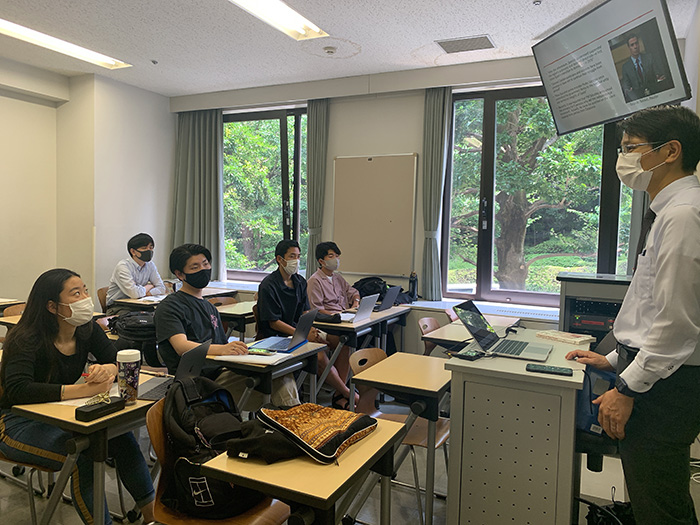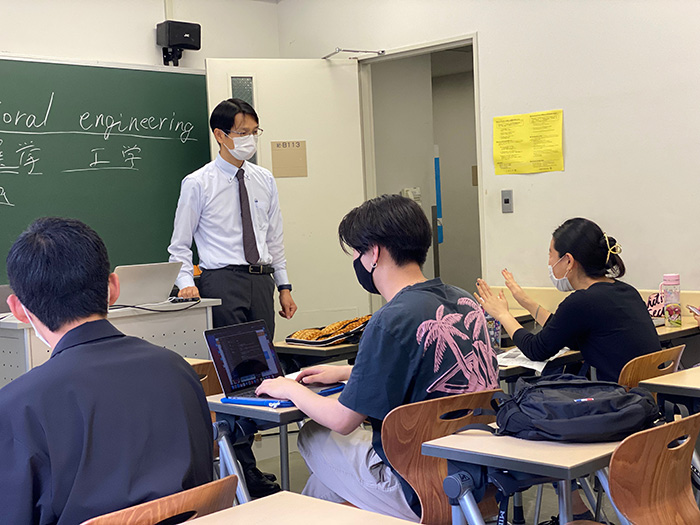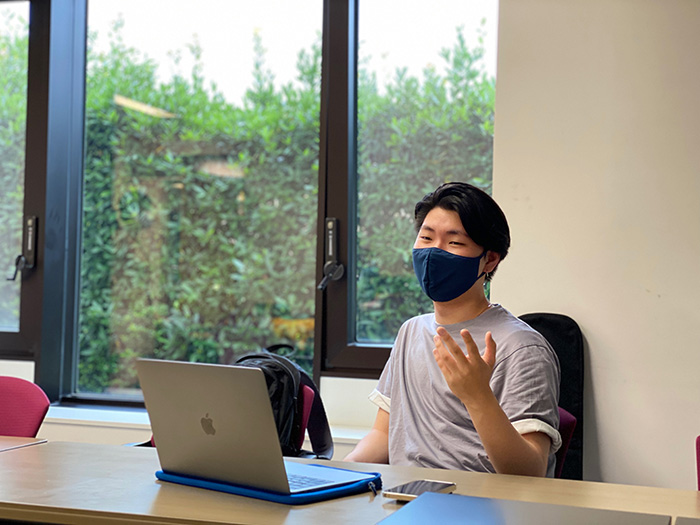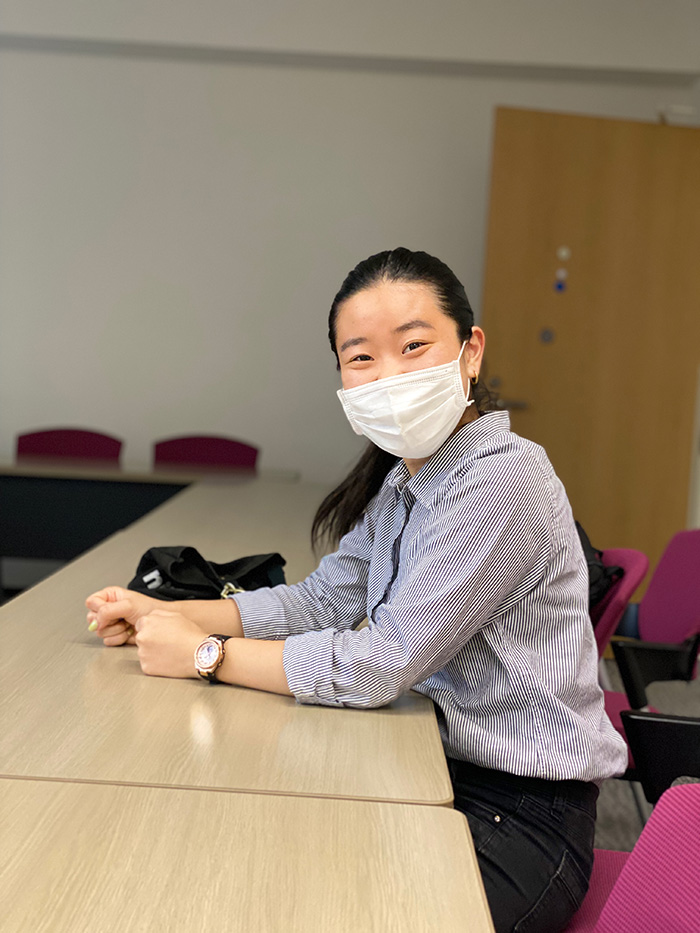Class Introduction:ADVANCED STUDIES(DEMOCRACY AND CONFLICT)
Comment from Professor:
Democracy is believed to prevent and resolve conflicts. That is because interests of peoples and groups can be represented and coordinated through democratic processes like elections and parliamentary discussions.
So, the title of this class “Democracy and Conflict” may sound strange. However, installations of democracy are often threatened by violent conflicts. Also, identity politics availing the name of democracy are rather common and damaging the value of democracy. And, recently, so-called populist politicians are questioning about democratic system itself. Furthermore, substantial autocratic governments are becoming to avail elections (often unfair ones) to legitimize their regimes. Focusing on those problems, we notice that we are not necessarily recognizing the vulnerability of democracy, or the flaw with the democracy that may reduce it into the mere majority rule.

Accordingly, I am attempting to clearly show those vulnerability and flaws of democracy by focusing on conflicts and inviting participating students to think about the solutions to those and better democratic systems. We have begun with the case of 2020 Presidential Election of the US and focused on the division of voters in society, then, we have thought about cases in new democracies in European periphery, that the lecturer has the expertise in, and Japan. Also, we have analyzed cases from the perspectives like identities, ideologies, and inequalities. Participating students have variety of backgrounds and, based on those, are actively discussing about the better ways for democracy.

Class Interview
I am happy that this class is conducted in English, but that is not my primary reason of taking this class. In this class, I get to learn major key words in the field of politics using English,therefore giving me a broader perspective. And I am especially grateful that my Professor has a great grip of the knowledge and vocabularies used in this field that have helped me learn. My professor also uses Japanese to elaborate specific issues where necessary.
(Hatsuho Kaneshiro, 3rd year, Faculty of Global Studies)
I love the style of this class. First, the professor distributes the reading materials, then when we gather in the class we discuss based on what we have learnt from the materials. This class does not therefore solely focus on lecture style. Approximately, the lecture takes around 60% while discussion on issues takes the rest 40%. This approach allows a deeper discussion, and also gives me a feeling that the learning styles in my department is like the leading universities in the world. The size of this class is also small, so I can prepare questions and get feedback from the professor. I do not feel any limitation in a small class. Professor Nakauchi is keen with connecting the class to the needs of the students, and because all of us as students have different backgrounds, this gives us a unique opportunity to learn both from the professor and also from other students.
(Taehyun Jang, 3rd year, Faculty of Global Studies)
I am the kind of a student who want to take very specific kind of classes. So that is what I was looking for when I choose the class on democracy and conflicts. I knew that the professor is experienced in this topic, so I was eager to take his class. I actually researched about the professor’s previous career engagement thus his profile gave me the motivation and the will to take this class.
(Taehyun Jang)
As I take this class, I have an opportunity to ask myself how I should connect the topic of this class to various issues. So, taking this class has opened my eyes to recognize the need to connect myself to the courses I take, not only within the university but also in overseas exchange programs. So, I think this is a great platform for preparation. Moreover, from this class, I get the challenge and the motivation to take more classes to deepen my understanding of politics. For example, we learn so many theoretical approaches from European countries. Going through these theories and approaches, I have desired to know how these theories are applicable to the region that I am interested in, that is South East Asia, and what is unique about the cases in South East Asia. I have started to think about how to move from the general theories to more specific local cases. This class connects the context of world politics with local politics. So, I am grateful to learn about theories of politics in the global context, but also get to incorporate my own local issues into to what is happening in the world. This class was an eye opener in many ways, so I highly recommend it to students enrolled at Sophia University.
(Hatsuho Kaneshiro, and Taehyun Jang)


